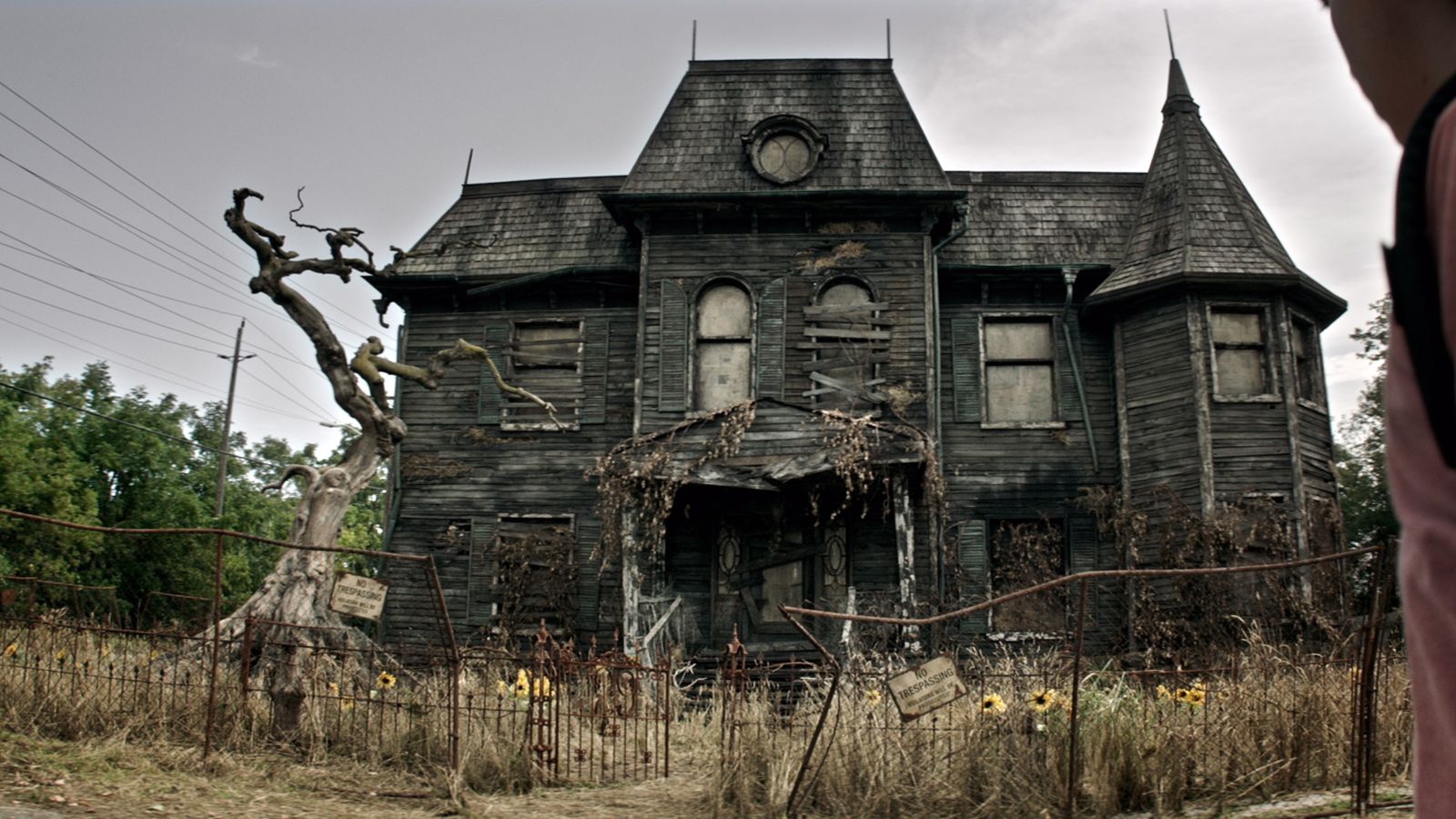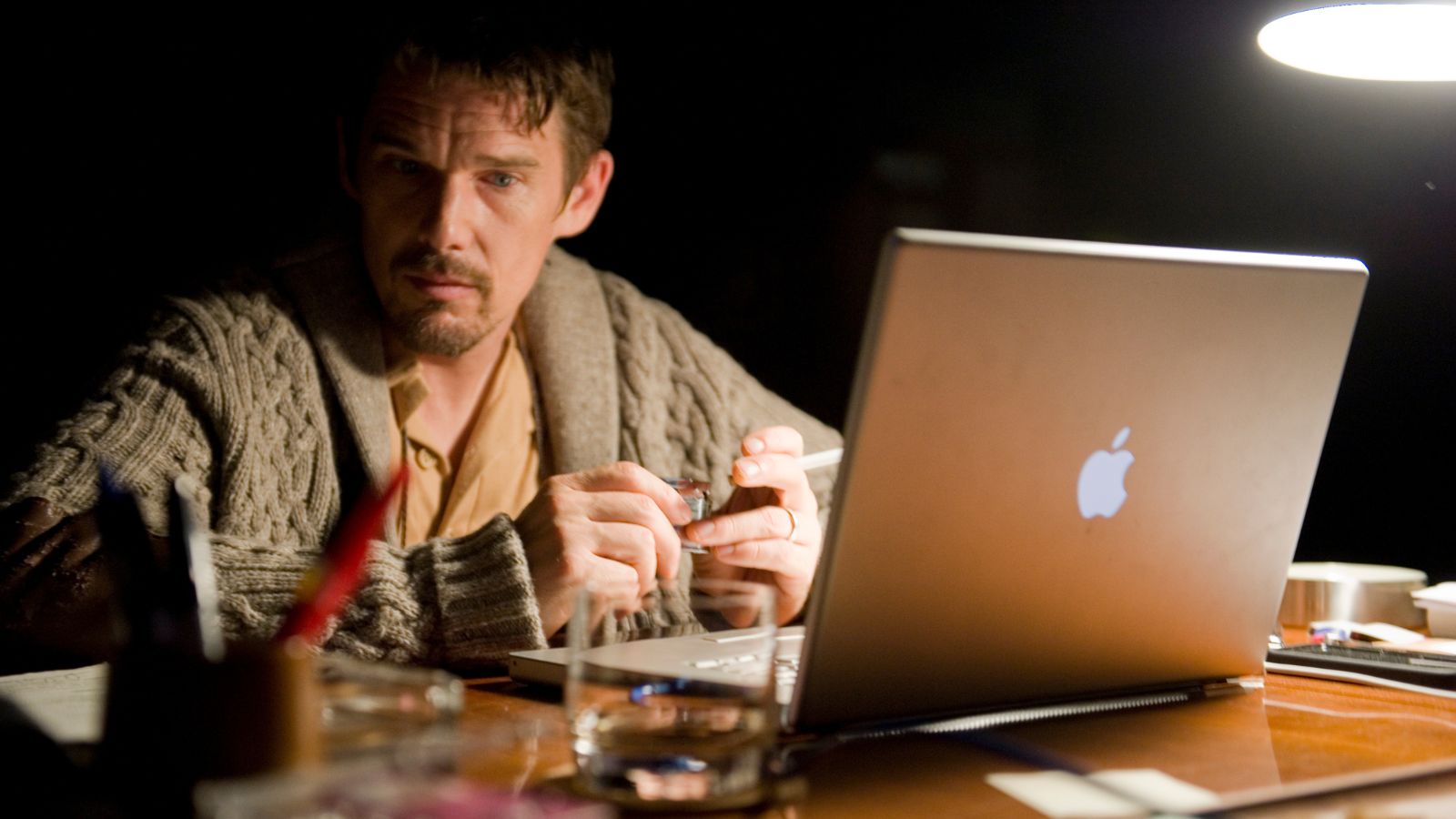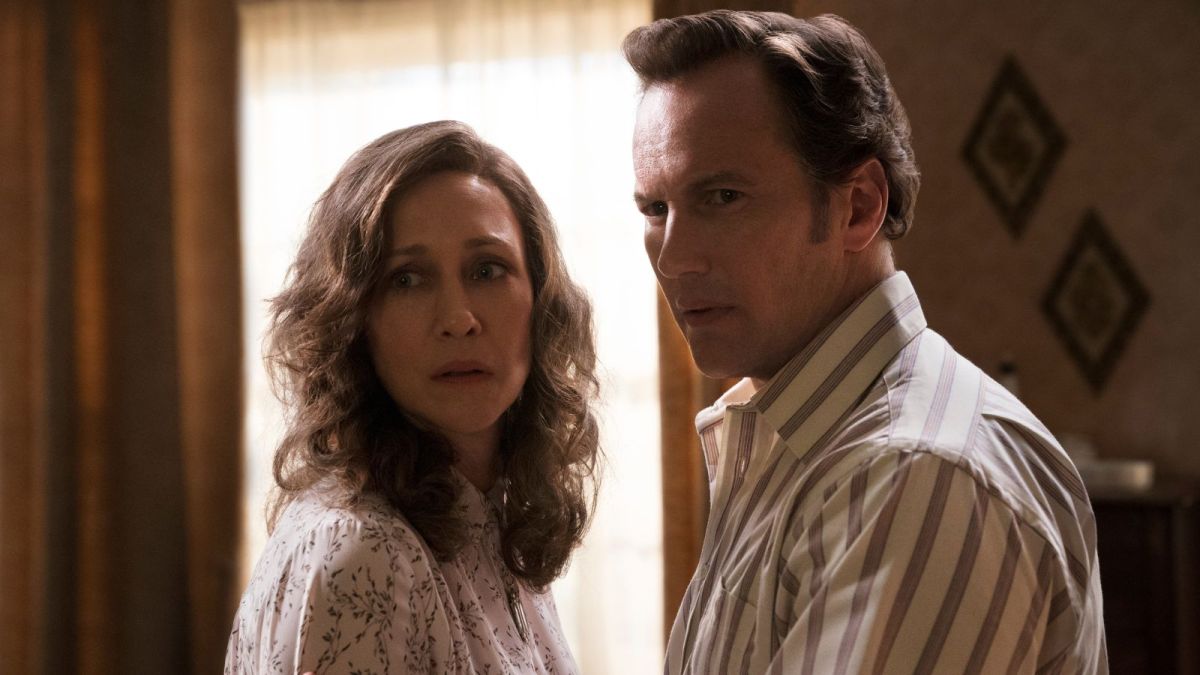Warning: this article is based on true events
The horror genre has fascinated audiences for nearly a century in celluloid form, as the first films set down the tropes for which the genre happily adopted for years to come.
Tropes are a meta language of storytelling, but some wear so unbearably thin you’re left wondering why they keep being used. We’ve got some of our absolute least favorites here, and we want horror filmmakers to listen.
My cellphone doesn’t work!

If there’s a particular trope which has cursed the horror genre more since the 90s, we’d love to hear it. As mobile phones became more and more commonplace, filmmakers have needed to justify why characters don’t just call the police whenever there’s even a slight bespooking happening.
This trope is really most annoying when it’s used in urban based horror movies. Why not just write a scenario where characters don’t have their phones, or set them further back in time? Isolation is such a key element of building terror, and its arguably why so many films from the 70s and 80s build such a sense of dread.
A rare instance of it working well comes during Alex Garland’s Men, where reality remains unclear throughout, and the phone blackouts are meant to symbolize the beginning of an episode.
The creepy violin

Ah, a modern classic. Thanks to the rise of the royalty free music and sound effects, the spine-tingling sound of a violin being played is heard whenever something supernatural happens. Spiders crawling down a wall? Violin. Serial killer examining a victim? Another violin.
It’s a lazy way to garner a reaction from audiences, and despite how cool a violin can sound, it’s lost all meaning. It’s the horror genre’s equivalent to the bland epic music played during a superhero final battle. There’s a whole rich tapestry of instruments which could be used instead. Creepy xylophone; an ominous obo; perhaps a startling synthesizer? An endless array.
The ominous house

“Legend says Old Man River murdered his entire family in that giant, three story, gothic building, right across from my house”. Simply do not enter. The local council should demolish the house as soon as they can. Nothing good will ever come out of leaving it to stand. Even if you think a house could be haunted, demolish it.
If a real estate agent ever tells you your house was built on an indigenous burial ground, just skip the place. Save yourselves a poltergeist. Most egregious as a trope when the house looks decrepit, nothing good awaits you.
Lewd and lascivious cabin fun

If your horror movie’s first kill involves a couple being murdered after doing the wild thing, your movie needs to be rewritten. A classic horror movie trope, especially in the slasher film, it hasn’t gotten anymore interesting or fun since the 70s. If your heart is set on such a first kill, at least make it somewhat funny for the situation.
General rule of thumb for those living in a horror movie: never strip naked. It may seem impractical, but maybe never bathe either. A Nightmare on Elm Street has proven the danger of bathtubs and sleeping. Just become a hermit.
Google for research

Another very modern entry to the horror tropes book, it’s nonetheless one of the worst. You get to the point roughly at the beginning of the second act where our protagonist is trying to find out what exactly it is they’ve been getting spooked by.
In days gone by, it was the library. Now, it’s Google. Or a legally distinct search engine. The example which comes to mind will always be Sinister, which manages to kill so much of its intrigue by having a guy on a Skype use Google to explain the demon’s name is Buhguul. Yep, that’ll do. That’s a scary name. Totally.
Based on a true story

Such an easy way to give your movie an early death sentence. If your film begins with a titlecard which gives any sort of “based on true events” aura, it’s instantly going to make me even more skeptical of everything which happens. Highly irritating in demonic horror or haunted house movies, especially when there’s not really any proof of demons existing.
The Conjuring franchise has made a killing off of this trope, and really stretched it to its absolute final point. The problem is the movie-going experience for horror is typically made more scary without some of the realism. Horror reflects deeper fears within us, and starting a movie throwing straight into reality confuses the point.
Once you start stretching it enough like some horror movies do, you could easily start Star Wars with “based on true events” because of its parallels to World War II.
The film industry may never listen and change, but at least there’s the internet for everyone’s opinions to fall into an unrelenting void. Maybe the real horror was the friends we made along the way.

